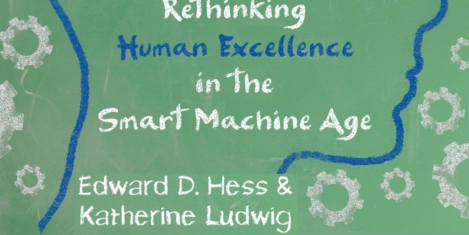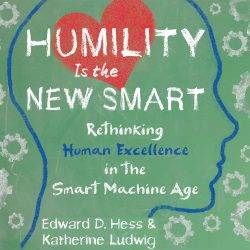March 28, 2017
Post Brexit UK sets out its case at MIPIM 2017 0
 Cannes-based international real estate fair MIPIM has always been a magnet for cities, determined to extoll their virtues to investors, developers and occupiers, but this year the UK was in charm overdrive. Buoyed no doubt in part by the presence of the UK government’s Department of International Trade (DIT), waving its ‘open for business’ flag for UK PLC, many of the towns and cities that would normally have ploughed their own furrow, instead came together to leverage critical mass. So Bradford and Leeds combined, conurbations across the central belt conjoined on a Midlands pavilion, and so on. Whether it was panic or confidence, the net result was an unusually prominent UK presence, up a quarter on last year. Of course the UK is just one nationality among the 24,200 real estate and city professionals from 100 countries who come together in Cannes every March.
Cannes-based international real estate fair MIPIM has always been a magnet for cities, determined to extoll their virtues to investors, developers and occupiers, but this year the UK was in charm overdrive. Buoyed no doubt in part by the presence of the UK government’s Department of International Trade (DIT), waving its ‘open for business’ flag for UK PLC, many of the towns and cities that would normally have ploughed their own furrow, instead came together to leverage critical mass. So Bradford and Leeds combined, conurbations across the central belt conjoined on a Midlands pavilion, and so on. Whether it was panic or confidence, the net result was an unusually prominent UK presence, up a quarter on last year. Of course the UK is just one nationality among the 24,200 real estate and city professionals from 100 countries who come together in Cannes every March.






 Long working hours are embedded into Small and medium sized firm’s (SME) culture, new research by AXA PPP healthcare has claimed, with 47 percent of employees in SMEs across the UK regularly working four or more hours of overtime per week, 27 percent of these putting in seven or more hours and for half (52 percent), the extra hours are unpaid. In addition, 22 percent of employees take fewer than 30 minutes for lunch, 19 percent have cancelled family time and 19 percent have missed a child’s event such as a school play due to working over and above their contracted hours. Over half (54 percent) of employees have continued to work after putting children to bed. With Britain’s small and medium sized firms making up 99.9 percent of the UK’s private sector businesses, employing nearly 3/5 of its workforce and accounting for 48 percent of the turnover this accounts for a lot of workers.
Long working hours are embedded into Small and medium sized firm’s (SME) culture, new research by AXA PPP healthcare has claimed, with 47 percent of employees in SMEs across the UK regularly working four or more hours of overtime per week, 27 percent of these putting in seven or more hours and for half (52 percent), the extra hours are unpaid. In addition, 22 percent of employees take fewer than 30 minutes for lunch, 19 percent have cancelled family time and 19 percent have missed a child’s event such as a school play due to working over and above their contracted hours. Over half (54 percent) of employees have continued to work after putting children to bed. With Britain’s small and medium sized firms making up 99.9 percent of the UK’s private sector businesses, employing nearly 3/5 of its workforce and accounting for 48 percent of the turnover this accounts for a lot of workers.














 Employees would like more freedom and flexibility at work with over half believing that the structure and culture of their workplaces are holding them back from doing their job more effectively (55 percent and 53 percent respectively). That’s according to new research from ILM, which has launched a new
Employees would like more freedom and flexibility at work with over half believing that the structure and culture of their workplaces are holding them back from doing their job more effectively (55 percent and 53 percent respectively). That’s according to new research from ILM, which has launched a new 
















March 8, 2017
In a crowd of truths, we can discern and reclaim what it means to be human 0
by Neil Usher • Comment, Facilities management, Technology, Workplace design
More →